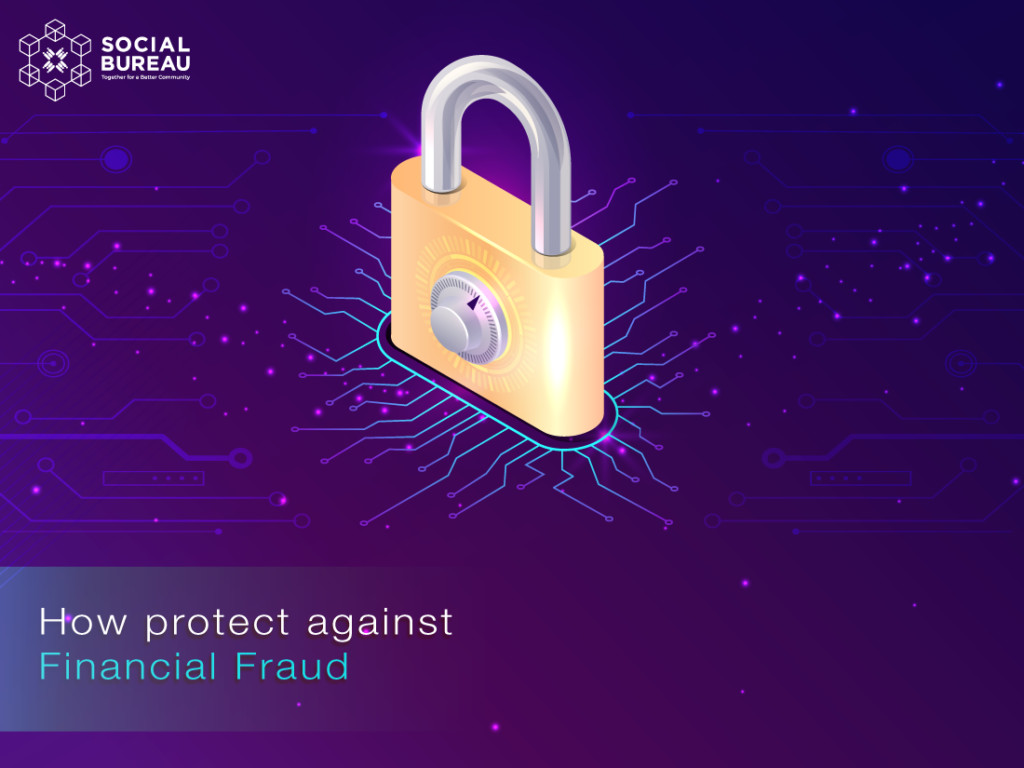In today’s interconnected world, financial fraud has become a pervasive threat, impacting individuals, businesses, and communities alike. In this article, we will explore the insidious nature of financial fraud, its far-reaching consequences, and the proactive steps individuals can take to protect themselves and their assets in an increasingly digital landscape.
Financial fraud encompasses a wide range of illicit activities, including identity theft, credit card fraud, Ponzi schemes, and phishing scams, among others. These deceptive practices not only result in significant financial losses but also erode trust and confidence in financial systems. As technology continues to advance, fraudsters are constantly devising new and sophisticated methods to exploit individuals and organizations. Therefore, it is imperative for individuals to remain vigilant and informed about the latest fraud trends and prevention measures.
Identity theft
Identity theft, a prevalent form of financial fraud, involves stealing personal information to commit crimes. Prevention involves safeguarding sensitive data, using strong passwords, and being cautious online. Regularly monitoring bank statements and credit reports helps detect unauthorized activity early. Enrolling in identity theft protection services and freezing credit reports enhances security. With vigilance and proactive measures, individuals can reduce the risk of falling victim to identity theft and its devastating consequences.
Credit card fraud
Credit card fraud, a prevalent financial crime, involves unauthorized transactions using stolen card information. Preventive measures include regularly monitoring statements for suspicious charges and promptly reporting them. Using chip-enabled cards and setting up alerts for unusual activity enhances security. It’s crucial to refrain from sharing card details online or over the phone and exercise caution when making online purchases. By staying vigilant and proactive, individuals can minimize the risk of credit card fraud and protect themselves from financial losses.
Ponzi scheme
A Ponzi scheme is a deceptive investment scam promising high returns with little risk. It operates by using new investors’ funds to pay returns to earlier ones, creating a facade of profitability. As the scheme depends on a continuous influx of investors, it collapses when new investments dry up. To avoid falling prey to Ponzi schemes, individuals should research investment opportunities thoroughly and remain wary of unrealistic promises. Vigilance for signs of high returns with low risk and lack of transparency can help protect against financial losses associated with Ponzi schemes.
Phishing Scam
A phishing scam involves cybercriminals impersonating legitimate entities to deceive individuals into divulging sensitive information like passwords or credit card details. They often use deceptive emails, texts, or websites that appear genuine but aim to steal personal data. To prevent falling victim to phishing, individuals should exercise caution with unknown links or attachments and verify email authenticity through official channels. Enabling two-factor authentication and updating security software regularly can enhance protection against phishing scams and safeguard personal information from unauthorized access.
By raising awareness about the prevalence and consequences of financial fraud, Social Bureau empowers its community members to take proactive steps to protect themselves and others from falling victim to fraudulent schemes. Through education, collaboration, and the use of innovative technologies such as blockchain, we can work together to combat financial fraud and create a safer and more secure financial landscape for everyone. Together, we can build a future where trust, transparency, and integrity prevail in the digital age. Together for a better community.




